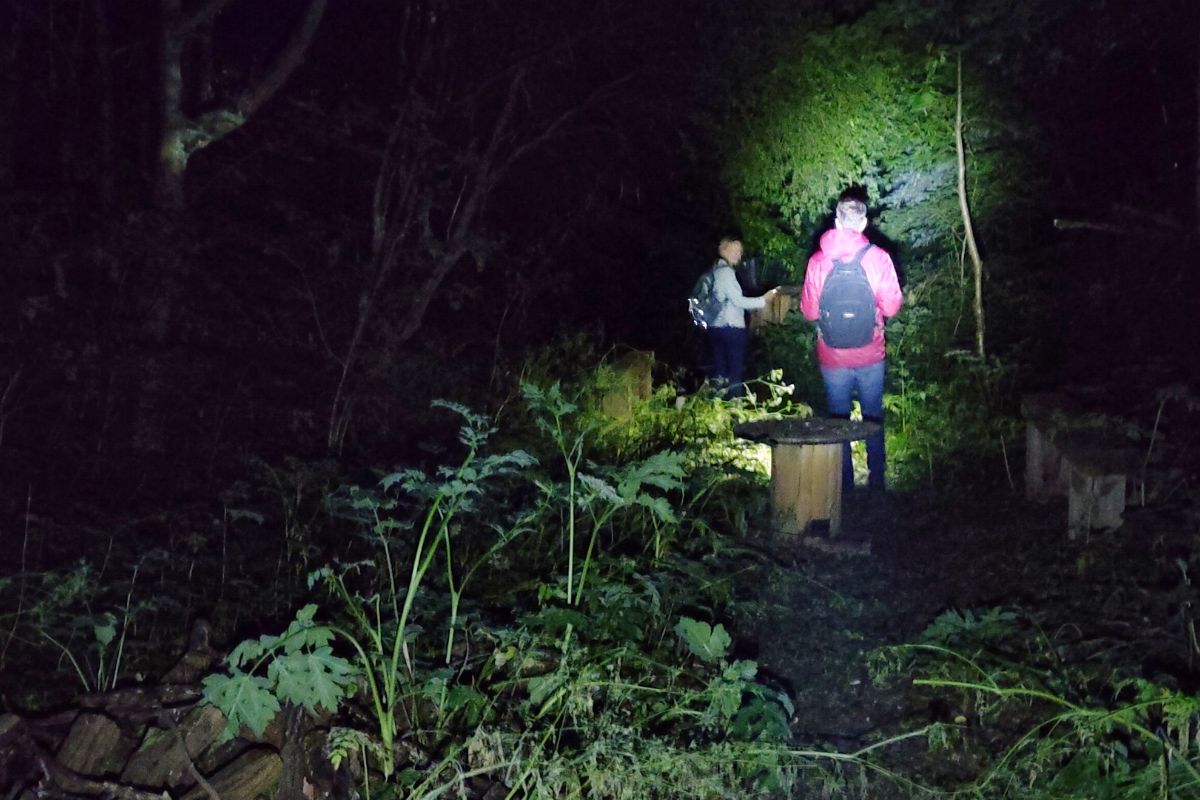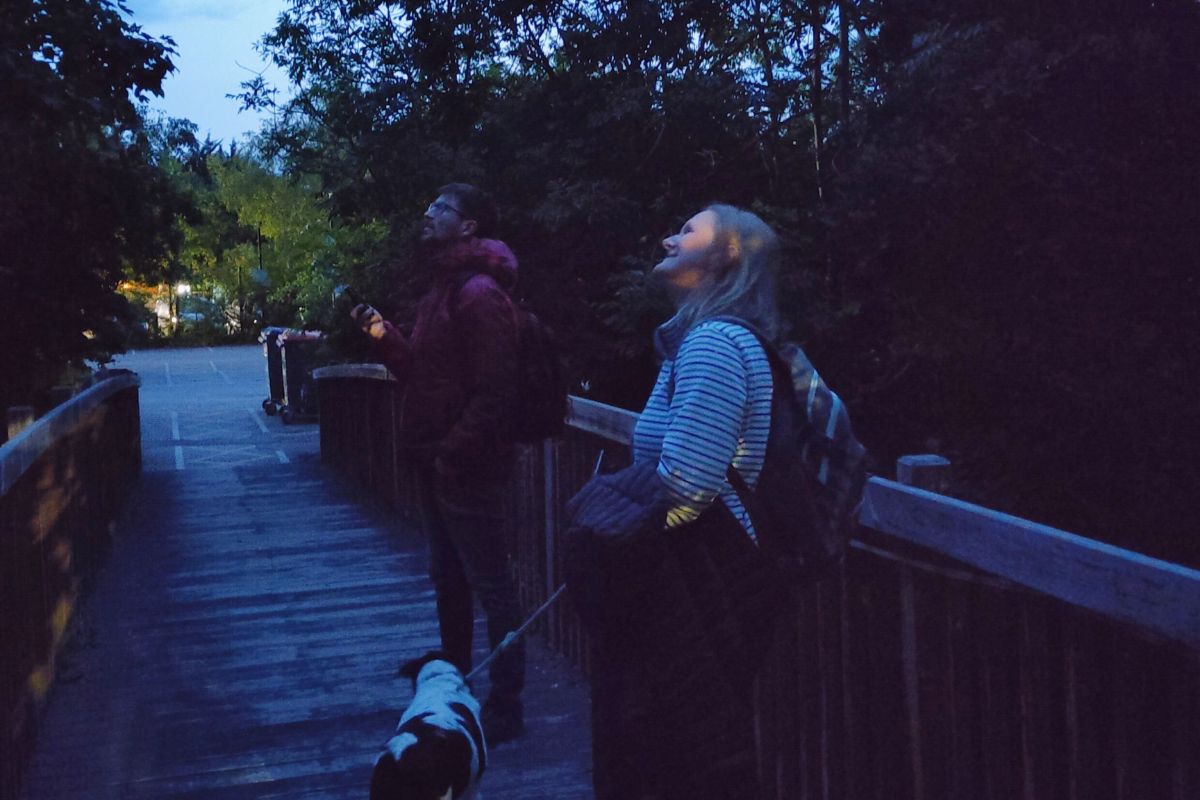Mission to encourage more young people to engage with nature at night awarded funding
A project aimed at encouraging young people to connect with nature at night has been awarded funding by the Engineering and Physical Sciences Research Council (EPSRC) via its Ecological Citizens funding stream.

July 8, 2025
